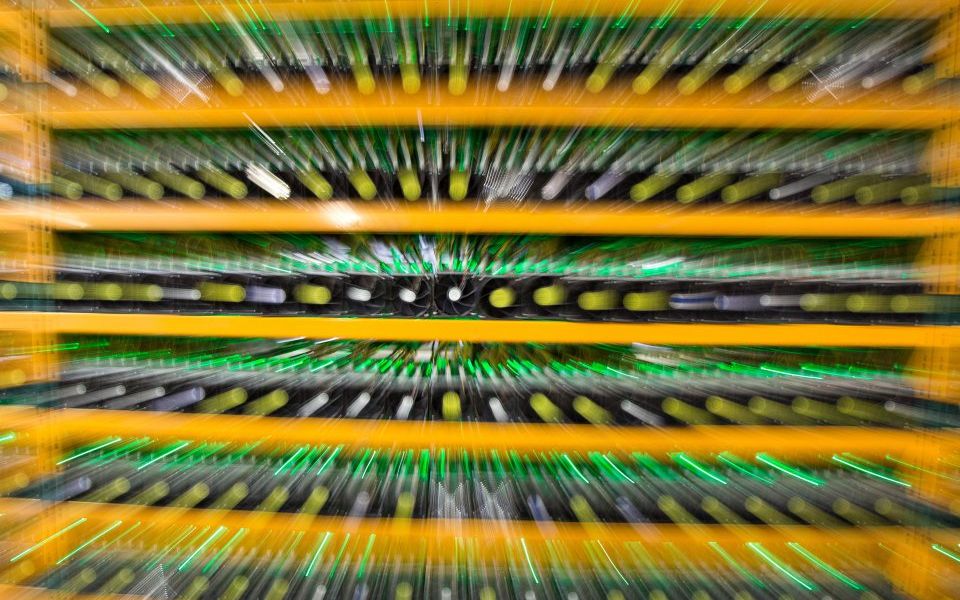Bitcoin was just the beginning of the imminent blockchain era

Mention “blockchain”, and most people still immediately think of bitcoin – or ethereum, or ripple, or other cryptocurrencies.
That’s not surprising, given that bitcoin was the first expression of blockchain technology.
As the values of cryptocurrencies have soared and fallen, speculation has risen that the “bitcoin bubble” is about to burst. However, it is the blockchain technology which underpins cryptocurrencies that has the potential to have the most profound impact, and which is staking a claim as being the most talked about disruptor at London Tech Week, especially today.
Blockchain is digital ledger, an interdependent, interlocked system of records which, cryptographically sealed, are immutable and highly resistant to fraud.
The technology was developed to get around some of the problems that had previously stopped cryptocurrencies getting off the ground, namely how to prevent digital money being copied or spent more than once. Fundamentally, it permits robust transactions that can be verified without the need for an authorising third party, such as a bank.
And while it might have started with currency, that is by no means where the power of this technology ends.
Internet of things
As connected devices – from cars to TVs to fridges – become more popular, the volume and speed of retail transactions via these products will inevitably mushroom. Blockchain provides not only the framework to enable these transactions to take place securely, but also the computing power to handle vast quantities of real-time purchases which traditional digital payment systems will struggle to cope with. It can also be used to secure the immense amount of personal data that these devices will hold about our lives.
Supply chains
Further down the retail pipeline, blockchain enables companies to monitor the movement of goods across a supply chain. This not only builds in the ability to improve product standards – for example, by being able to track provenance, or to pinpoint where safety checks may have been missed – but also to streamline and safeguard the payments process for suppliers and contractors.
Intellectual Property
Blockchain can also take the notion of supply chain protection one step further, right back to the progenitor, ensuring that creators, contributors and rights-owners are embodied in their works. This is particularly critical for the creative industries. For example, the music sector has faced challenges over ensuring that rights-owners aren’t cut out of the value chain in the era of digital streaming.
Now artists (notably singer-songwriter Imogen Heap) are increasingly turning to blockchain technology to create and safeguard value for rights-holders, while providing listeners unlimited digital access to songs on-demand across infinite platforms.
Professional services
One of the key factors that enables blockchain to provide these sorts of solutions is the use of so-called “smart contracts”, by which a transaction is processed due to the automatic fulfilment of certain conditions. From accounting and audit tasks, to legal contracts, to property transactions (the first property bought on blockchain was a $60,000 flat in Ukraine in 2017), blockchain has the potential to streamline and secure many of the most complex matters that professional services firms have to deal with.
It is difficult to imagine an industry which isn’t likely to be disrupted by blockchain in the near future. Imagine a healthcare service with a blockchain-based record keeping system enabling faster, more secure access to patient histories, or an e-voting system which breaks the back of electoral fraud.
Watch this space. Bitcoin was just the beginning.